Four brothers started Paradise Energy Solutions 10 years ago to help farmers reduce energy costs in Lancaster County, Pennsylvania. The company has since grown into six additional states and expanded into the residential and commercial markets. Paradise Energy views its mission as building trusting relationships within its communities.
In this episode of the Contractor’s Corner podcast, Solar Power World editor-in-chief Kelly Pickerel talks with Dale Good, president and CEO of Paradise Energy Solutions, about the company’s beginnings in Pennsylvania Dutch Country and its transition into larger markets.
A portion of the interview is below, but be sure to listen to the full podcast for even more insight, including more about Paradise Energy’s training program (of its 75 employees, only two had previous solar experience), how O&M might be the future business plan for the company and how it uses project data for marketing exposure.
Find the Contractor’s Corner podcast on your favorite podcast app.
Being in Pennsylvania Dutch Country, there’s a strong agricultural focus for solar, but are you doing other projects?
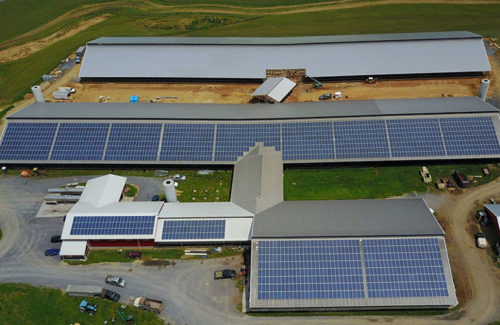 Dale: We are still big in the agricultural community. We have a lot of roots there. 2019 was the least amount of residential we’ve ever done. About 13% of our business was residential, but over 50% of our business this past year was commercial, and the balance was agricultural. This was the first year that commercial exceed agriculture for us. To be honest, the agricultural community has suffered economically, so they’ve not been as good of targets for solar installations.
Dale: We are still big in the agricultural community. We have a lot of roots there. 2019 was the least amount of residential we’ve ever done. About 13% of our business was residential, but over 50% of our business this past year was commercial, and the balance was agricultural. This was the first year that commercial exceed agriculture for us. To be honest, the agricultural community has suffered economically, so they’ve not been as good of targets for solar installations.
How do you promote solar to the agricultural community?
Dale: There’s a difference between commercial clients and agricultural clients. Agricultural clients think a little bit longer term with their payback requirements than a commercial client. Commercial clients want a three-year return. Agricultural clients are a little more patient. They’re used to a cyclical economy, because that’s part of farming. They seem to be more tolerant of slower returns. There are many family farms where they what to keep the farm in the family. It’s a great way for my generation to be thinking about the future generation, saying, ‘We can reduce costs on our farming operation if we get solar.’ That’s what has helped us get on the map. We’ve learned how to sell into those situations and provide consult. They trust us. We’re still heavily committed to the agriculture community.
Has energy storage entered any conversations in your project areas?
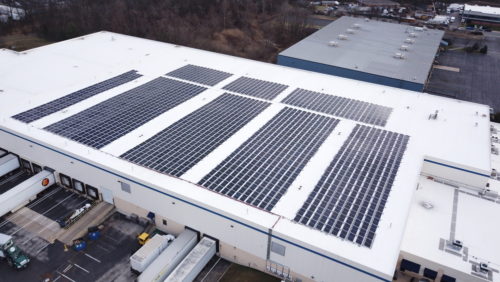 Dale: We talk about it a lot, but we’ve not installed a lot. We do more on the residential side than on the commercial side. Commercial customers are starting to look at demand management with storage. The problem in the Northeast is demand chargers are not super high, so the cost of storage usually is a deterrent.
Dale: We talk about it a lot, but we’ve not installed a lot. We do more on the residential side than on the commercial side. Commercial customers are starting to look at demand management with storage. The problem in the Northeast is demand chargers are not super high, so the cost of storage usually is a deterrent.
What’s your outlook on solar in the next few years?
Dale: I think the future of solar energy is just incredibly bright. There’s an overwhelming public sentiment — it’s no longer political. It’s kind of just everywhere that renewables are going to be the future. We’re still seeing falling solar costs. You’ve got utilities adjusting to the fact that they’re no longer energy providers but they’re grid managers. All of this takes some time, and I think that’s been building. I think this decade will be borderline revolutionary. There’s going to be huge changes in the energy markets over the next 10 years. That’s very exciting for companies like ours.
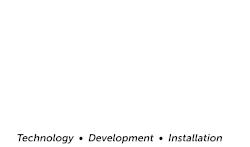
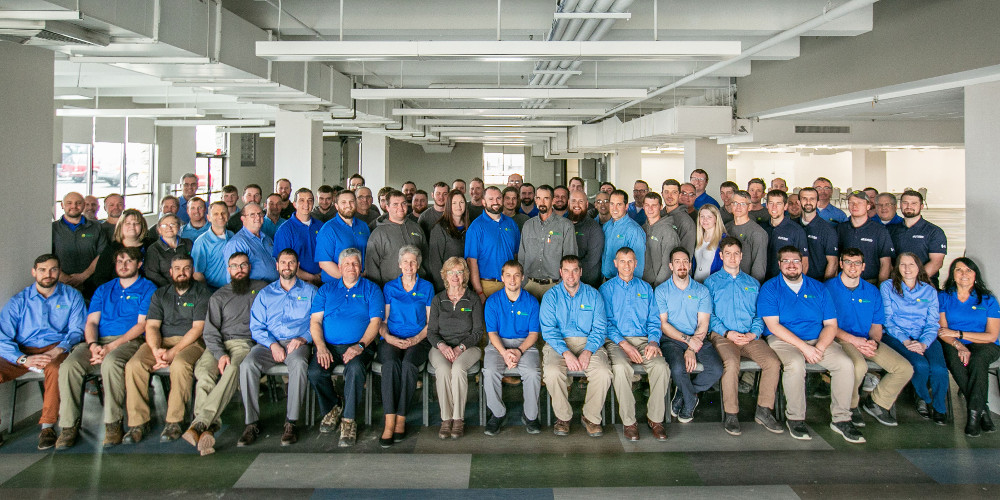
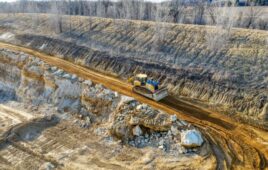
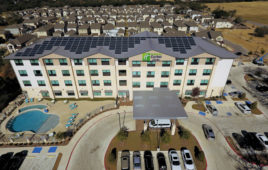
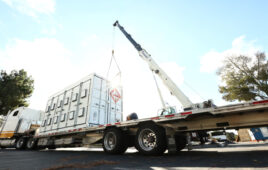
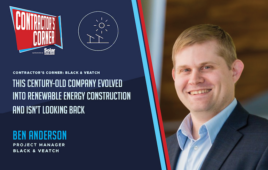
What a great interview. Good, poignant questions, and Mr Good is clealry knowledgeable. Paradise sounds like a company that is doing it the right way. Thank you.